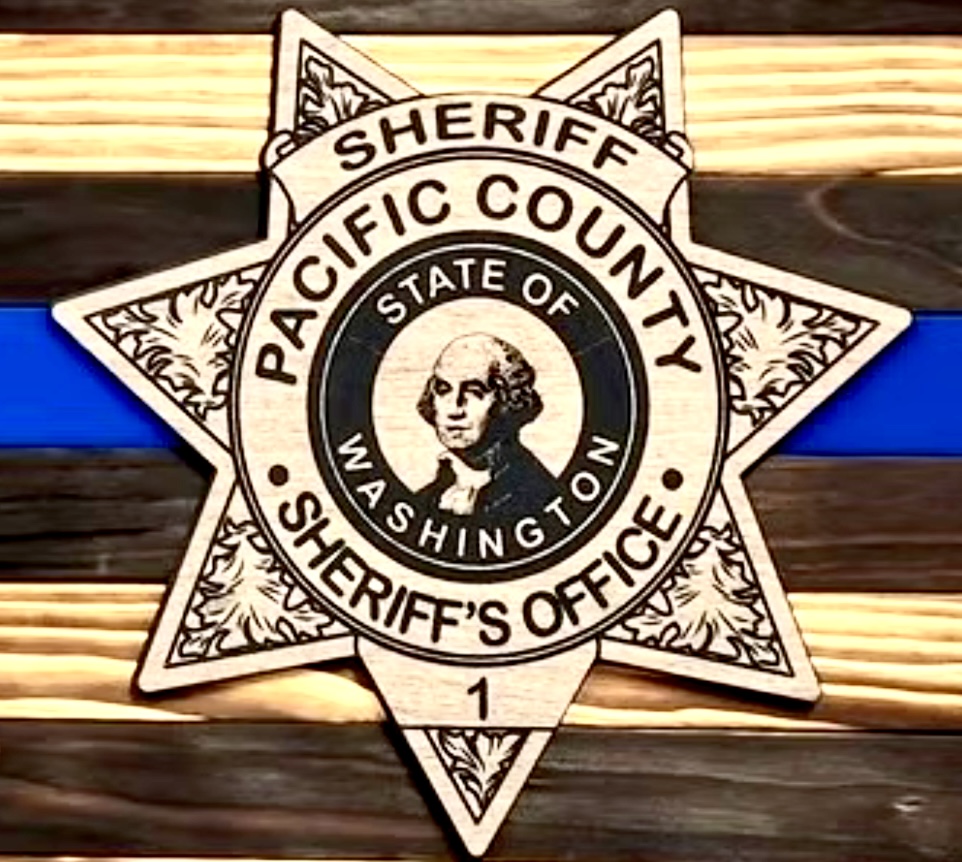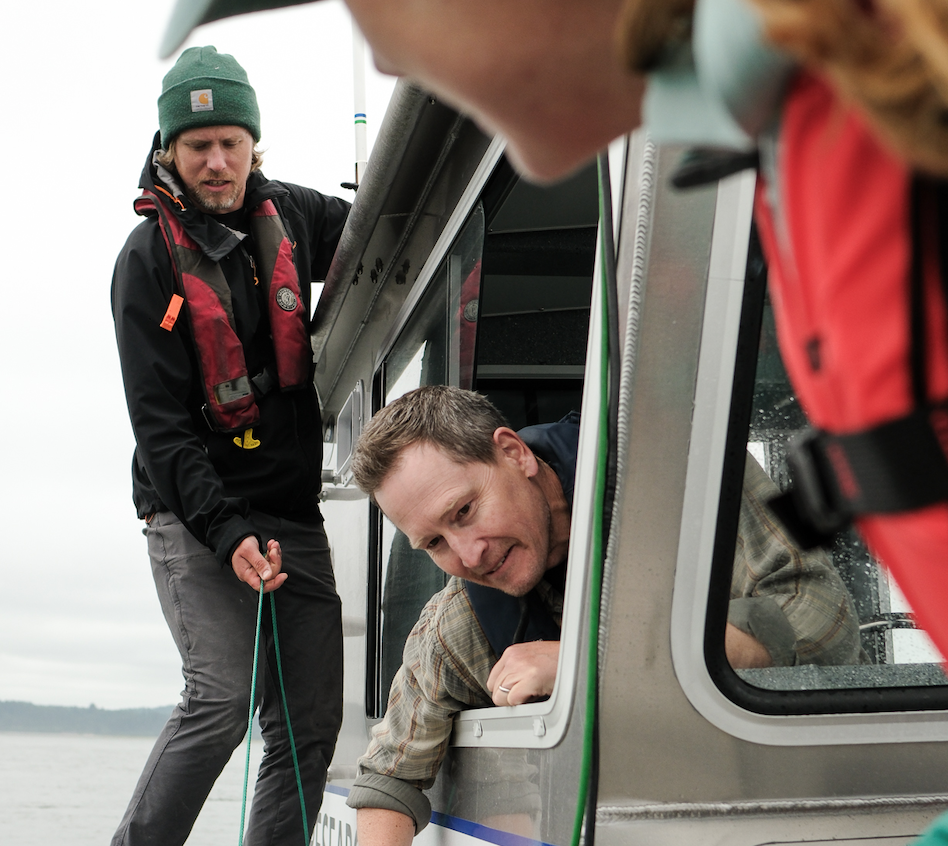Letter: Traveler wonders whether California plates sealed his fate
Published 5:00 pm Tuesday, September 25, 2007
Recently, while traveling near South Bend, I was issued what amounts to a “nuisance” traffic ticket. I was vacationing from California, visiting friends and, while driving on Hwy 101 passed a slower moving motor home and truck. I did this in an authorized passing zone on an uninhabited stretch of road. I had just pulled back into the proper lane and was slowing when a police car topped the rise ahead of me, about a quarter mile away in the oncoming lane.
The police car passed me by and I continued on my way at normal speed, enjoying the scenery. Some five minutes later I noticed another police car following at some distance with its light bar flashing. It didn’t seem to be in any hurry though, took several minutes to catch up to my vehicle and, as an attentive motorist; I naturally pulled over to get out of the way (there was never a siren). I was surprised when the police car pulled over behind me and the officer issued me a speeding ticket. It was apparently the same police car that had passed me traveling in the other direction.
The officer inferred he had “caught” me on radar doing 65 to 68 mph in a 55 mph zone. I explained that I had just passed two large slow moving vehicles and was in the process of slowing in the proper lane when he had arrived on the scene. He would have none of it … he acknowledged he had seen the other vehicles (he must have passed them too) but issued the ticket anyway.
Please note that this was in a remote area with little or no traffic at about 2 p.m., on a weekday, with excellent weather and road conditions. The officer had also followed me for several miles and had no complaint about me ‘speeding’ in that period. There was in fact no threat to public safety.
Now I’m an older retired gentleman who remembers days gone by when such a minor incident would have elicited a warning, at most. So why did I get an expensive ticket (with potential associated traffic school fees and insurance rate hikes)?
If he really did get a radar reading it would have been instantaneous and the officer could have easily signaled me on his approach. My guess is that his radar wasn’t turned on, that he merely guessed at my speed and didn’t decide to pull me over until he saw my California plates. Maybe I was going a little fast and maybe not, no matter, this is a revenue source for local government and not an issue of public safety.
While I am aware of the court funding crisis in Washington State: “Chronic under funding of our trial courts has led to a crisis in court operations and indigent defense funding. Currently, a patchwork system of justice from one county to the next has created a serious disparity in the way laws are being enforced and the trial courts are being operated in Washington State.” www.courts.wa.gov/programs_orgs/pos_bja/wgFinal/wgFinal.pdf
I would like to suggest that the issuance of such ‘nuisance tickets’ may generate income for local government but it is definitely not in the best interest of the local business community, which depends on tourist dollars.
A new study confirms this practice of using traffic tickets to enhance local revenues (source: “Are Traffic Tickets Countercyclical?” Federal Reserve Bank of St. Louis 8/30/2006) and I am writing to testify that such predatory practice will most certainly not make tourists feel welcome or enhance income to the local economy. Authors Garett and Wagner found that for each one-percent drop in local government revenue there followed a .38 percent increase in the number of tickets written, each worth between $5 and $250. When local revenue increased, however, there was no corresponding decrease in the number of citations issued.
I can assure you, this excessive fine ($113-plus), for a such a very minor infraction, is money I did not spend in South Bend. Nor did I appreciate the inconvenience; I did not stop for lunch, dinner, gas, souvenirs, tourist attractions or anything else. I did not feel tempted to spend a few days exploring Willapa Harbor and spend money on local accommodations, in fact I left Pacific County as quickly and cautiously as the speed limit allows, vowing never to return.
In my entire journey from California to Seattle and back down the coast, over a period of more than a week, this was the only such incident I encountered. Of course I’m contesting this ticket (though it may mean forfeiting traffic school) and my advise to others is to do the same. This practice is little more than legal extortion, literally highway robbery in my opinion. Local businesses and residents should complain to local authorities, write your city council members.
I am writing to testify that this trend in predatory law enforcement to generate revenue for local government is not good for tourism and, you can bet I will warn fellow travelers.
Henry Iasiello
Willits, Calif.









